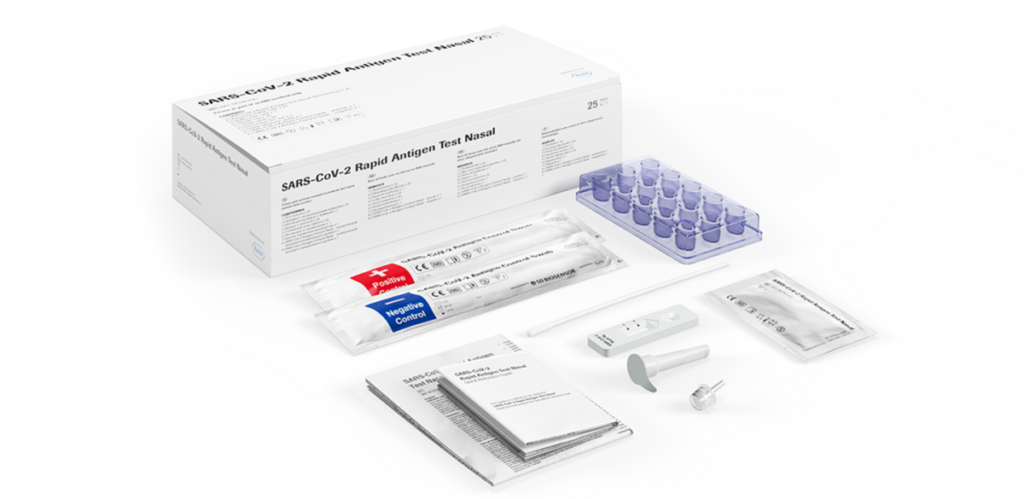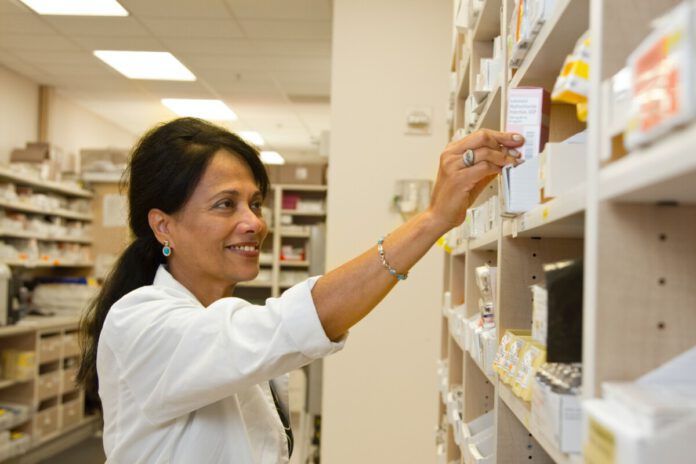Today, the first coronavirus self-test kits can be bought from Dutch pharmacies. The tests take just 15 minutes to yield a result and are less intrusive than traditional PCR tests.
The tests can currently be bought from a selection of pharmacies across the Netherlands. By the end of April, they are expected to become more widely available in supermarkets and other stores.
READ MORE| Dutch government to bring in 100 “party test streets” for large scale events

How do self-tests work?
The self-test does not require you to stick the cotton swab far up your nose. Instead, you insert the swab into the beginning of your nasal cavity for 15 seconds, twisting about four times — blegh.
You then take the cotton swab and insert it into a provided test tube of liquid, turning the swab and liquid upside down until the swab absorbs the liquid. Next, remove the swab and drop the liquid onto a test plate and wait no longer than fifteen minutes — after this time you test result may no longer be valid.
What next?
If you test positive, it’s time to grab your face mask and head to the nearest GGD test center, where you will undergo a PCR test.
If you test negative, you can breathe a sigh of relief — but it is worth noting that these tests are only 84% accurate, so proceed with caution, keep your distance, and keep washing your hands.
Jaap van Dissel, director of the Center for Infectious Disease Control at the RIVM, warns that a negative result does not mean that you can forget the current safety guidelines. If you do, “you have a greater chance of spreading in such a situation,” he tells the NOS.
What are your thoughts on this latest coronavirus test? Tell us your thoughts in the comments below!
Feature Image: National Cancer Institute/Unsplash

Its great there is a selftest, but what is going to happen with the used items?….just in the dustbin or what?
And what if the test is positive…..what happenes with all this infected waste? And what it do with the environment?